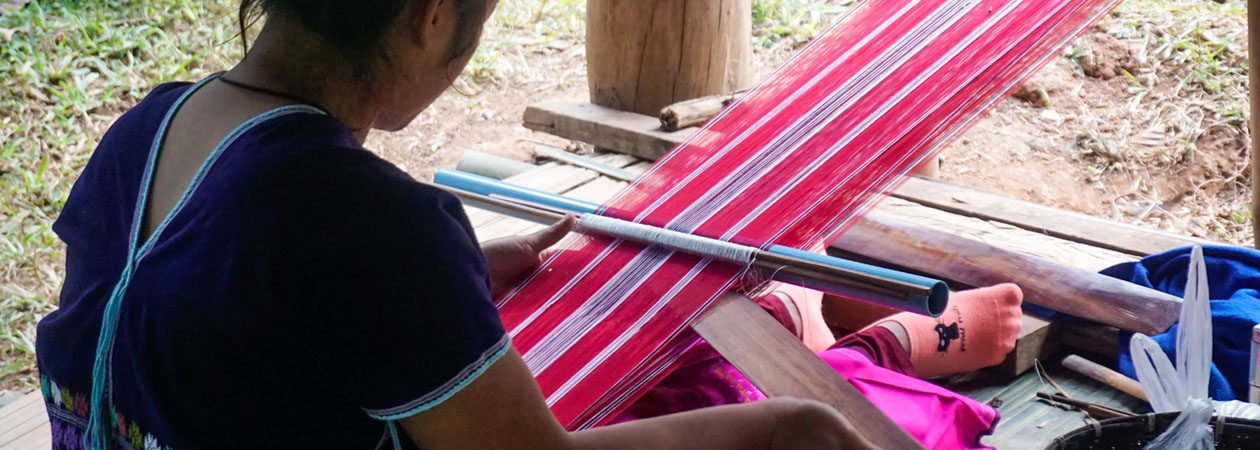Culture
Local realities in South and Southeast Asia show how cultural values and rights of Indigenous Peoples in the exploitation of forest resources have been undermined. The NTFP-EP, in achieving its goals, respects the cultural traditions and values of its partner communities. The NTFP-EP believes that these traditions and values are often embedded in the historical identity of cultural groups, hence, the primary importance of respecting the cultural integrity of its partners.
Strategic Actions
- Conduct FPIC validations on NTFP-EP projects and indigenous community support.
- Conduct case studies and organize orientations on culturally-appropriate methods for securing Free Prior and Informed Consent from local communities regarding the entry of projects and programs.
- Organize food and cultural festivals and youth camps that cultivate and strengthen cultural identity and pride.
- Develop culture-based messaging and culturally appropriate tools in communications, knowledge management and marketing strategies.
Gender
The gender composition of a local forest management group affects forest conservation outcomes. The NTFP-EP strongly takes into consideration the assigned gender roles in its partner communitiesbecause gender roles influence how forests are managed. The NTFP-EP also believes that improving gender relations will ensure equitable benefits and outcomes in its forest conservation, management and community development efforts. The inclusion of women in forestry conservation and enterprise programmes and in embedding women’s rights and a gender equality perspective is an important element to achieving the NTFP-EP’s goals.
However, the NTFP-EP has had no explicit gender indicators targeted in its work programmes and activities. The organization has had limited or no explicit strategies to build gender analysis capacity inhouse to frame its programmes and interventions. The NTFP-EP therefore commits to the following: 1) to address gender issues programmatically; 2) to ensure gender-sensitive and responsive staff in all levels and areas of NTFP-EP’s work; 3) to achieve gender balance of participants in NTFP-EP’s activities; and 4) to include gender equity in decision-making at all levels of intervention and practice, including decision-making at the institutional level.
Strategic Actions
- Activate a team of gender focal persons.
- Build capacity of staff and partner communities on gender, eg. gender analysis, manifestations of gender bias, practical and strategic gender needs analysis, gender-responsive planning, etc.
- Organize leadership skills training for both women and men.
- Develop monitoring tools such as attendance sheets and others that indicate and consider women and men’s participation, perceptions and impacts.
- Conduct gender-based analysis and studies including project evaluations, case studies and documentation of good practices and lessons learned, enterprise monitoring reports, and the like

